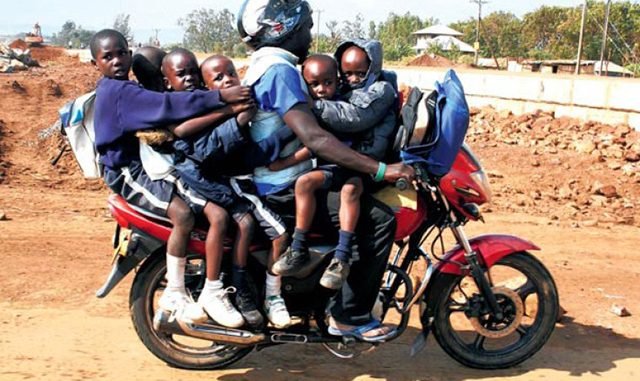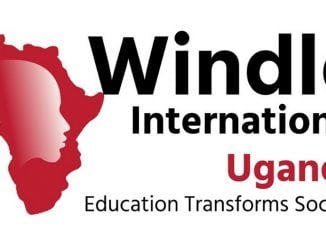
Kampala, Uganda | URN | The Ministry of Education and Sports says that no learner or teacher will at any time be allowed to use general public transport including taxis, vans and boda bodas when schools reopen for finalists who are scheduled to report to their respective schools on October 15th, 2020.
As part of the guidelines for reopening, the authorities note that public transport poses public health risks more so at a time when the country is seeing a surge in the number of COVID-19 cases reported daily.
“Learners who walk to school or are transported by private means to schools may continue to do so, however, they may not use public transport on any occasion, even when they cannot walk or be privately transported to and from school by their parents/guardians,” the guidelines read in parts.
The ministry is insisting that parents should as much as possible identify schools nearest to their homes to enroll their children in the meantime to avoid risks, unnecessary costs and inconveniences of long-distance travel to schools.
Parents with learners who have been using public transport have been left with one option of using vehicles or vans designated by schools. However, this might be expensive for parents who are currently struggling to make ends meet. Besides, they are also limited to a five-kilometer radius.
“The schools working with urban authorities shall organize dedicated vans/buses on designated routes to transport learners including learners with special needs who cannot walk or be transported privately to school. Such transport should be within a radius of 5kms and shall observe the standard operating procedures for public transport,” they add.
Schools have also been directed to dedicate school vans on designated routes of learners to transport those who are not accommodated at school and do not use private transport.
Annet Nambarirwa, a parent in Wakiso district notes that this is a deliberate move to stop them from taking children to schools of their choice. “There are reasons as to why we chose schools for our children, among them is standard and affordability,” she lamented. My children study at a government school. But it is very far from here and to my knowledge it is the only one in this area. What will I then do?”

Although the government had earlier noted that each class will accommodate 10 to 15 learners, this has been reviewed to allow individual school management and staff to agree on the appropriate classrooms and dormitory spaces so long as they ensure physical spacing of two meters between learners in class and dormitories.
“Safe temporary shelters such as tents may be used as classrooms. Open-air spaces such as tree shades maybe improvised as temporary venues for some classes,” says the ministry.
They further suggest that institutions with large numbers of candidates who cannot be accommodated in the available rooms with social distancing shall make arrangements to operate either morning and afternoon shifts or get an alternate-day attendance schedule.
However, all primary and secondary schools that reopen shall operate either as day or boarding schools but not both.
The ministry has further advised that to minimize the risk of COVID-19 and ensure recovery of lost learning time, each school needs to review its programs and prioritize curriculum completion. In this direction, they had barred schools from holding co-curricular activities, assemblies, and external mocks.
Read Also: Full Speech: Museveni reopens airport, churches, schools for candidates
Meanwhile, education institutions will ensure that all members of the school community observe recommended social distancing of at least 2 metres, effective and frequent hand washing and proper use of facial masks that must be worn at all times. Each learner should have a minimum of two face masks.
Alex Kakooza the Permanent Secretary of Ministry of Education says that they are still considering having learners and teachers in high risk areas like Kampala more so those in boarding schools to be screened before they commence with teaching and learning.
Other requirements include restriction of members of the public from accessing the schools, provision of adequate security and safety measures, setting up a covid-19 committee and guiding and counseling learners against Covid-19 related stigmatization.



